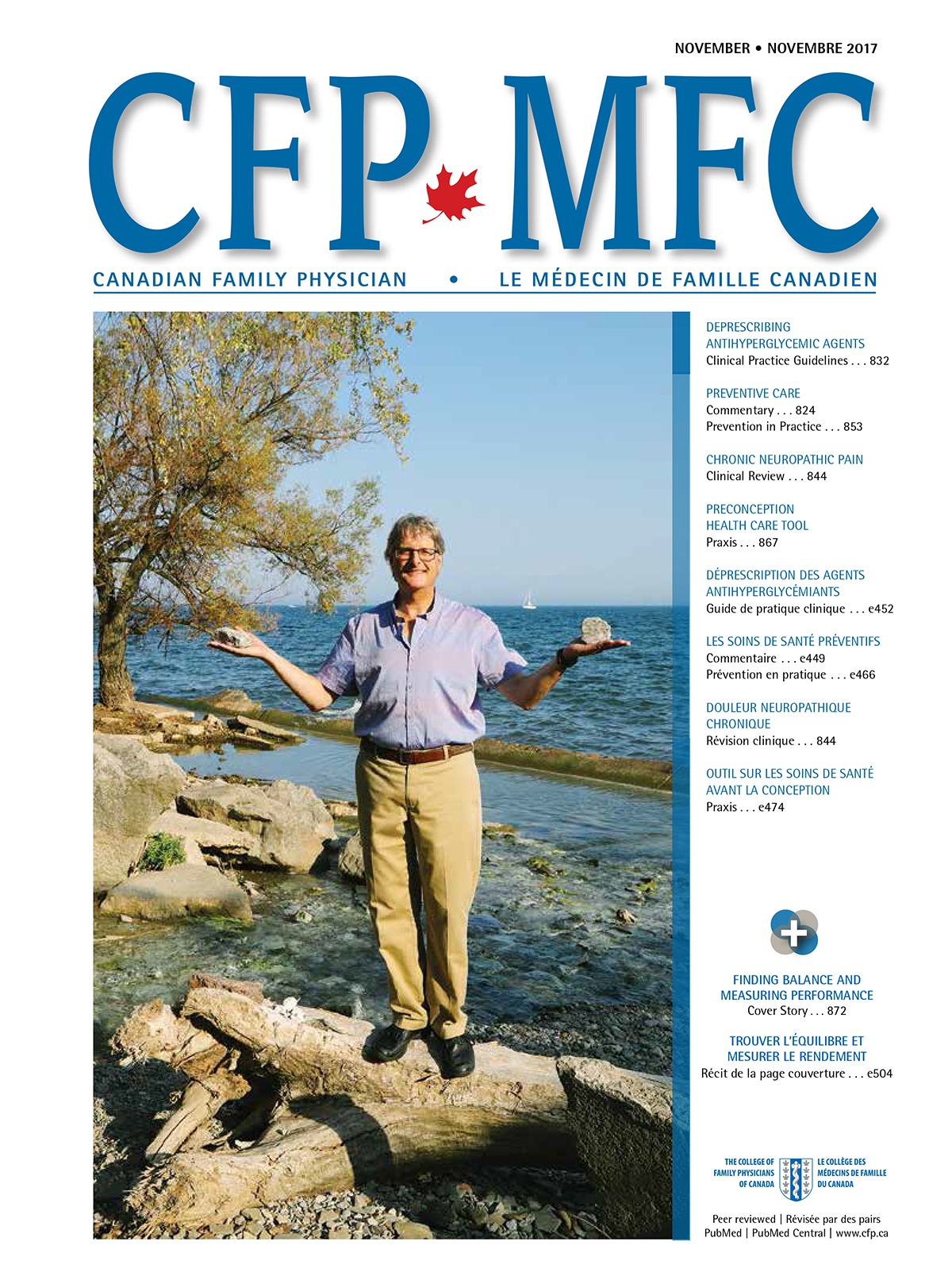The point was prisons and the other costs of failing to address homelessness is probably substantially more of a fiscal drain than it would be to address those problems. I realize that American prisons are not up to the standards of Norway's "comfy prison" model, but even with that, the cost of keeping those people incarcerated and of paying for their healthcare costs is ludicrous. Furthermore, the cost of paying for their emergency room visits whenever they get sick or injured due to the hazards that are related to homelessness is ludicrous.
The UCLA study that I provided a few posts back was actually very interesting. I think there is a very strong economic case for simply providing shelter for the homeless. Several models for it already exist.
As a person that has been through intermittent homelessness around the time of the recession, I can tell you that being homeless does not make you want to work. It makes you want to be dead. It makes you want to lie down and give up. It puts you into vicious cycles of self-defeating behavior. The idea that making people sleep outside is going to make them more moral is outright unhinged. It just doesn't work that way.
I think one of the complications here is that solutions that are good for intermittent homelessness aren't necessarily good for long-term homelessness. They have different underlying causes.
Someone homeless due to job loss, temporary housing loss, fleeing an abusive relationship, etc. is in a very different situation from those who are long-term homeless due to severe mental illness or drug addiction. They need different solutions. Providing short-term housing and support for intermittent homelessness is a good idea... but I think it also produce a risk if that housing is also provided for long-term homelessness.


